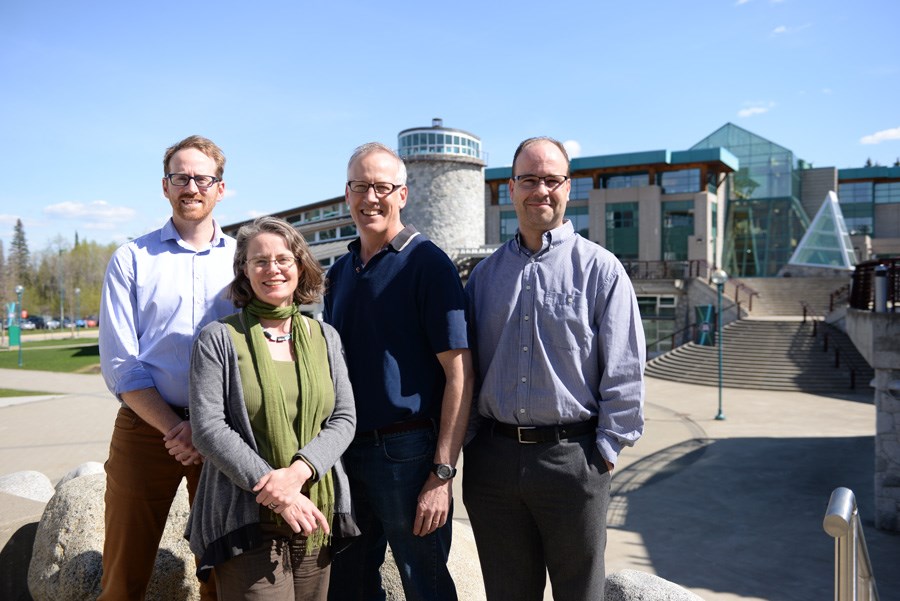A new project by UNBC researchers is giving voice to communities affected by resource development.
The Cumulative and Community Impacts Research Consortium (CCIRC) will start in late spring and work with First Nations, local businesses, industry groups, residents and government officials, Wednesday's press release said.
From oil and gas pipeline proposals to hydraulic fracturing exploration for natural gas, and a growing liquefied natural gas industry to the Site C hydroelectric project proposal and new transmission lines to mountain pine-beetle recovery massive developments are touching northern communities, the release said.
"The opportunities and challenges for local communities are significant. To date, no one has been studying the big picture," said Greg Halseth in the release. Heath works with Community Development Institute, one of three UNBC institutes that is spearheading the project.
It also hopes to create an "online information hub of academic, traditional and experiential knowledge on cumulative impacts."
That diverse expertise will help produce an understanding of the cumulative and long-term impacts of development, said CCIRC Project Lead Chris Buse.
"Our work seeks to integrate environmental, community, and health perspectives to improve policy and practice," Buse said in the release.
That collaboration will lead to enhanced responses to community concerns, said Margot Parkes of UNBC's Health Research Institute.
"The pathways by which resource development affects our communities, our health and our environments are not well understood," she said.
Natural Resources and Environmental Studies Institute is the third UNBC body involved.
"The CCIRC will play a large part in resource development conversations moving forward; to canvas the opinions of those most affected, ensure they understand the impacts and most crucially, have their voices heard, with the view to improving future policy decisions that directly affect them," said Art Fredeen of NRESI.
The consortium was given $225,000 over three years from Pacific Institute for Climate Solutions.
"This innovative, tri-institute endeavor will raise awareness across BC about the on-the-ground realities and opportunities that the north is facing due to this unprecedented scale of resource development," said Kyle Aben, UNBC PICS coordinator, calling the research timely and essential.



